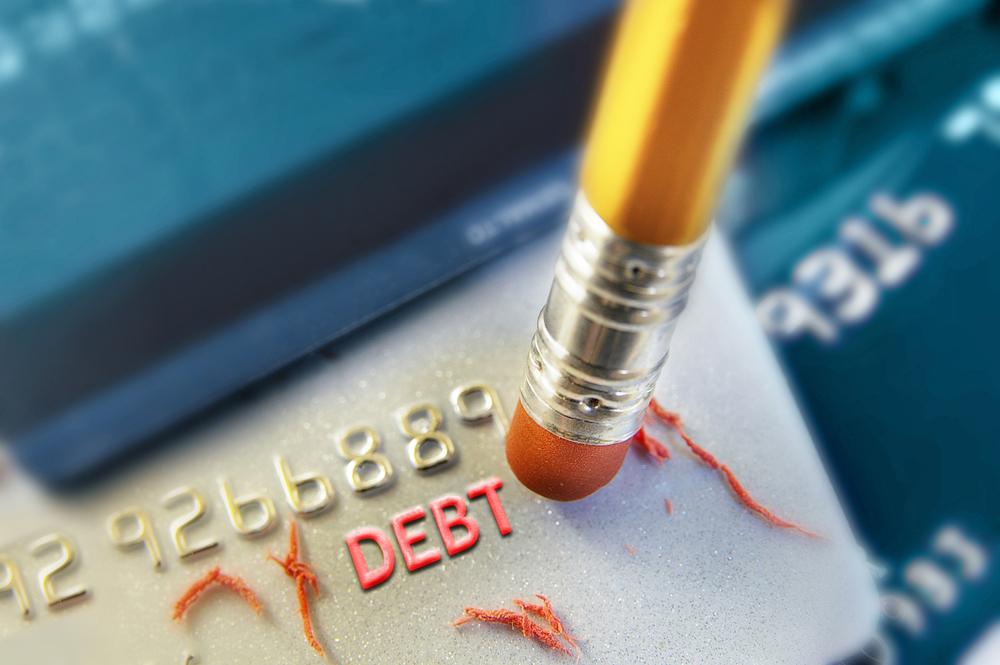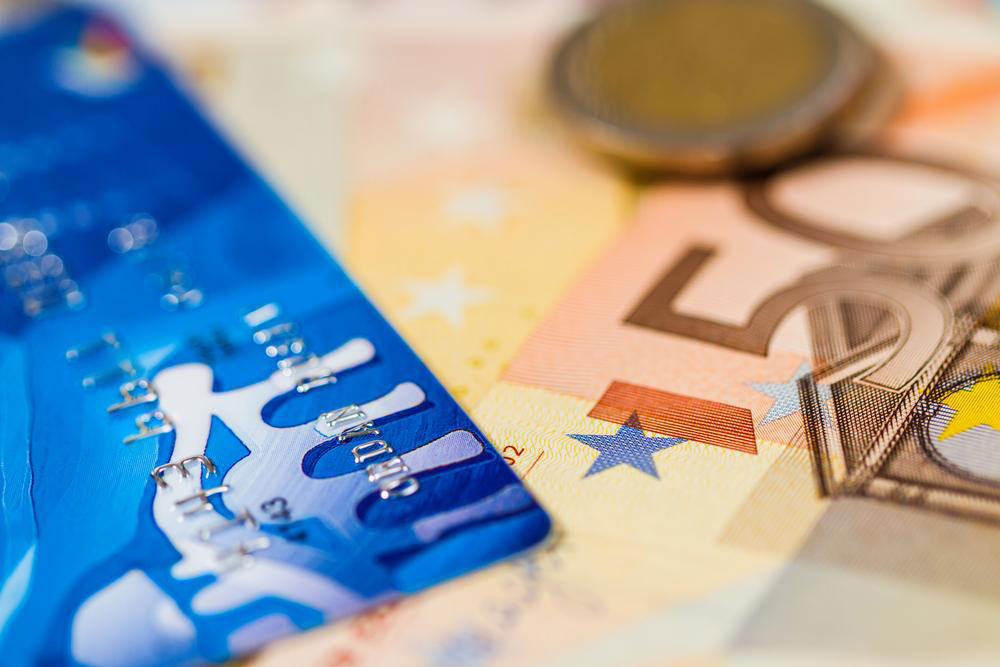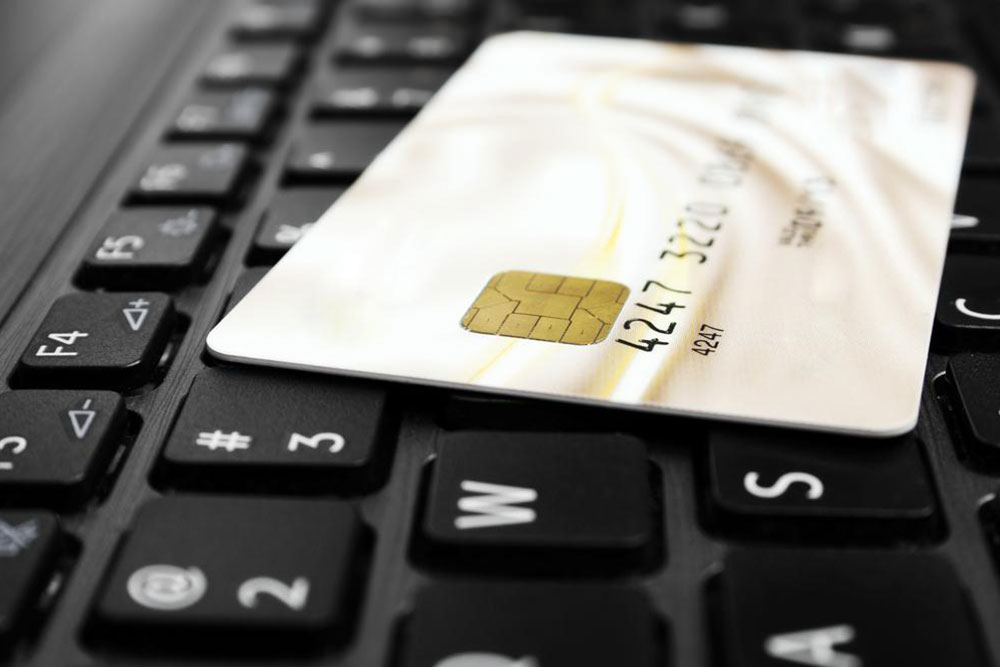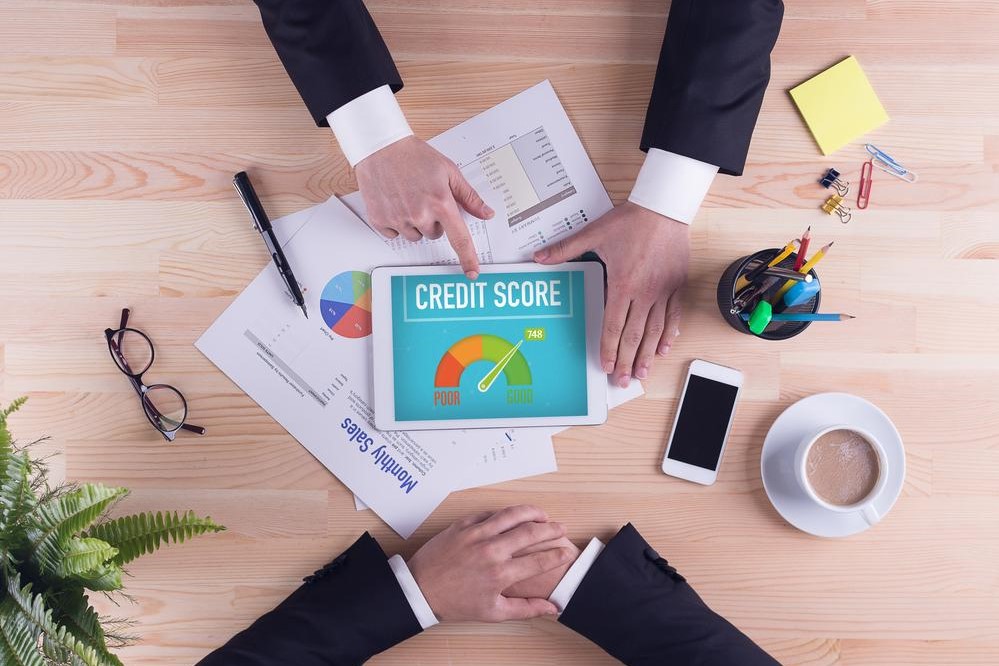5 easy ways to repair bad credit
Credit cards and other easy-payment methods have made life easier. All you have to do is carry a sleek credit card with you and make purchases within the credit limit. However, if you fail to make payments whenever you are due, this might result in a bad credit score filed under your name. Bad credit isn’t favorable and can affect if you apply for a loan in future. The normal credit ranges from between 300 to 850, and the more your credit score, the more financially reliable you are.

Bad credit can often mar your dreams about owning a new car or applying for a loan. However, living in the 21st century does have its perk. You can literally fix your bad credit with a credit repair. Credit repair can be thought of as a method of damage control; it helps you make your way back to the “good credit” list. Moreover, you need to beware of fraudsters who guarantee a quick credit repair. Here are some do-it-yourself credit repair tricks that can get your credit score back on track.
- Learn about credit score – Before you resort to other means to repair your credit, it is imperative that you learn what exactly credit score is. Your credit score is that data that allows your lenders gauge how much of a credit risk you might be. Your credit score depends on—your payment methods, your account’s age, the credit amount you have used, the current credit, and the new credit you have. Understanding the basics is where your credit repair journey begins.
- Check your credit report – There are instances when errors are made in one’s credit report. So, you can see for yourself if the reports are correct. You can pull out your credit reports and cross-check whether all the details are correct. Moreover, this would also give you an insight into why your credit score is so low.
- Pay bills on time – A bad credit doesn’t imply that you continue with the same callous attitude towards paying bills. As a credit repair method, ensure that you start paying bills on time. This would have a positive impact on your credit score. Your payment history has an impact of around 35% on your credit score. Therefore, ensure that you pay all your bills in time to make amends regarding your credit score.
- Pay your credit debts – Your credit score is a history of all the payments you make and those you fail to make. Using a credit card can be quite convenient, but unless you pay those credit debts, your credit repair journey would be futile. Therefore, ensure that you sort your credit card bills the moment it arrives in the mail.
- Beware of identity theft – With the current technology, stealing someone’s identity is no big deal. So, refrain from sharing personal details such as social security numbers or addresses since these can be used to apply for credit cards or loans under your name. So, pull your credit report every once in awhile to check whether all your transactions were really yours.




